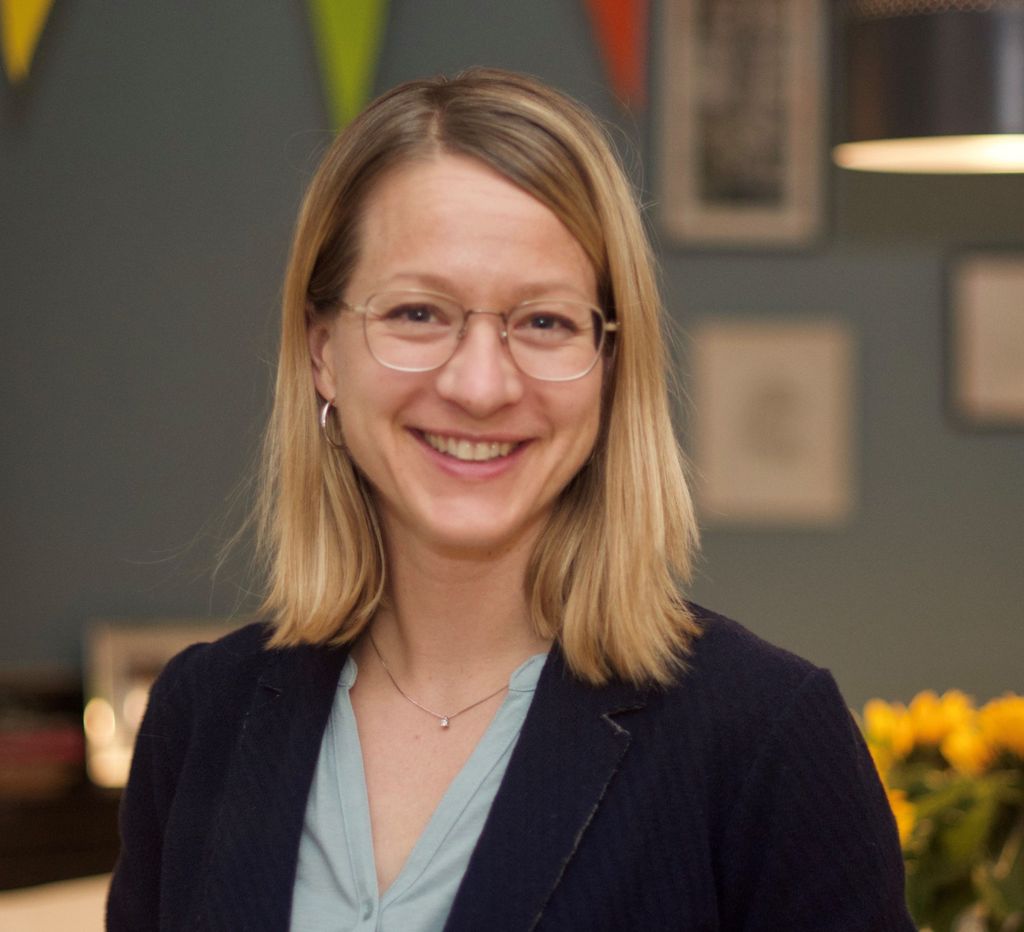Feminism meets fragility: exploring the potential of feminist approaches in fragile contexts
#CriticalThinking
Senior Planning Officer, Sectoral Department, Division Governance and Conflict at Deutsche Gesellschaft für Internationale Zusammenarbeit (GIZ)
The world has never been more feminist. An increasing number of states are adopting feminist principles in their foreign and development policies, including several EU member states such as France, Spain, Luxemburg, Germany and, most recently, the Netherlands. What started with Sweden’s approach to tackle gender inequalities by strengthening rights, representation and resources (the so-called ‘3Rs’) of and for women and girls has moved further: feminist approaches increasingly target the underlying factors and reasons behind inequalities and look for systemic actions. In fact, most feminist policies include development cooperation, thus changing the priorities and the focus of cooperation with partner countries.
On 1 March 2023, German Minister for Economic Cooperation and Development Svenja Schulze and German Foreign Minister Annalena Baerbock jointly presented concepts for a stronger feminist policy in their respective ministries. Both documents include a comprehensive set of targets and measures all designed to address the root causes of inequality and to promote further the 3Rs. Equal rights will be strengthened, representation of women and girls increased, and resources made more accessible to all. In particular, development funds for projects focusing on gender equality and feminist approaches will significantly increase.
But the world has also become more fragile. About two-thirds of partner countries of Germany’s development cooperation are considered fragile. The return of the Taliban in Afghanistan and the Russian invasion of Ukraine, among other global conflicts, are a reminder that, despite progress reached in the past, fragility is on the rise. New geopolitical challenges, increasing authoritarianism, as well as food insecurity, reinforce those trends.
Gender-transformative approaches […] contribute positively to rethinking role models and reshaping societies
Facing such challenges, can feminist approaches offer solutions in fragile contexts? Yes. Feminist approaches target root causes of fragility and support important change processes towards just, inclusive and peaceful societies. We know that inequality, conflict and fragility are closely linked: unequal gender relations significantly drive economic, political and societal fragility, while women’s active participation in society contributes to peace and resilience. At the same time, conflict and fragility place enormous burdens on women and girls, while peacebuilding and state-building can support the advancement of their rights and empowerment. In a nutshell: societies suffering from gender inequality are more likely to be fragile.
But how, in very concrete terms, can feminist approaches address fragility? Feminist approaches can (re-)shape gender role models and norms. Role models matter; this is one important lesson learnt from working in fragile contexts. Patriarchal role models manifest inequality and can be drivers of conflict, whereas challenging them has the potential to deliver the basis for stability and sustainable change. We know that gender-transformative approaches – designed to overcome root causes of inequality – contribute positively to rethinking role models and reshaping societies.
One example is a methodology fighting gender-based violence by involving men and discussing notions of masculinity, which has been piloted by a project in southern Africa. Results show that critical reflection among peers leads to reassessing traditional concepts of masculinity and underlying assumptions of manhood. Secondly, approaches that question traditional role models of fatherhood and encourage fathers to assume tasks traditionally assigned to women have proven to effectively deconstruct unequal and patriarchal patterns. Thirdly, multigenerational dialogue formats to overcome harmful practices, such as female genital mutilation, can initiate changes to overcome inequalities. A key feature of those ‘generation dialogues’, which have been piloted in the Horn of Africa, is a respectful, confidential and open discussion among different generations. Through dialogue formats, stakeholders at the national level, but especially in local communities, can develop their own solutions adapted to their contexts and pace. Another conclusion from experiences in Colombia is that intersectionality and the involvement of all groups, particularly those most vulnerable, as well as close cooperation with civil society, will strengthen and add sustainability to processes promoting peace and stability.
An increased commitment by more EU member states to feminist principles in development policies is welcome
All these examples discuss deeply rooted patriarchal norms, reflect on them critically and challenge them, even and especially in fragile contexts. Of course, they do not offer a one-size-fits-all solution, but rather describe ideas that could be part of more complex measures. However, they point to one important conclusion: there are methods to reshape existing structures and apply a gender-transformative perspective in fragile contexts. Applying feminist approaches is explicitly not business as usual. Taking the work on gender equality as a basis, feminist approaches go further and offer the chance to focus on systemic inequalities inherent in fragile contexts – not by targeting existing structures, but by seeking to overcome root causes for inequality and thus fragility.
On the occasion of International Women’s Day, an increased commitment by more EU member states to feminist principles in development policies is welcome. Women and girls, as well as those most left behind and especially in fragile contexts, would be the main beneficiaries of such commitment.
This article is a contribution from a member or partner organisation of Friends of Europe. The views expressed in this #CriticalThinking article reflect those of the author(s) and not of Friends of Europe. The article took inspiration from GIZ’s recent work on developing further feminist approaches in bilateral technical development cooperation to support Germany’s feminist development policy.
Stay informed
